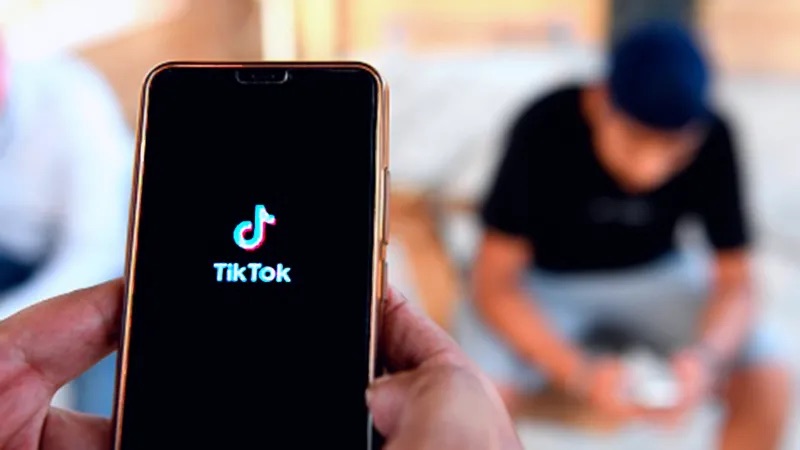- By Joe Tidy,Cyber Correspondent
China has attacked a bill going through US Congress that could ultimately see TikTok banned in the States, calling it unjust.
It is the latest move in a years-long row over safety fears about the app which is owned by a Chinese company.
Officials, politicians and security staff in many Western countries have been banned from installing it on work phones.
So what are the three biggest cyber concerns about TikTok, and how does the company respond to them?
1. TikTok collects an ‘excessive’ amount of data
TikTok says the app’s data collection is “in line with industry practices”.
Critics frequently accuse TikTok of harvesting huge amounts of data. A cyber-security report published in July 2022 by researchers at Internet 2.0, an Australian cyber-company, is often cited as evidence.
Researchers studied the app’s source code and reported it carries out “excessive data harvesting”. Analysts said TikTok collects details such as location, what specific device is being used and which other apps are on it.
However, a similar test carried out by Citizen Labconcluded “in comparison to other popular social media platforms, TikTok collects similar types of data to track user behaviour”.
Similarly, a report by the Georgia Institute of Technology last year stated: “The key fact here is that most other social media and mobile apps do the same things.”
2. TikTok could be used by the Chinese government to spy on users
TikTok says the company is fully independent and “has not provided user data to the Chinese government, nor would we if asked”.
Although it irks privacy experts, most of us accept that handing over swathes of private data is the deal we make with social networks.
In exchange for giving us their services free of charge they gather knowledge about us and use it to sell advertising on their platform, or sell our data to other firms trying to advertise to us elsewhere on the internet.
The issue that critics have with TikTok is that it is owned by Beijing-based tech giant ByteDance, making it unique as a non-American mainstream app. Facebook, Instagram, Snapchat and YouTube, for example, all collect similar amounts of data but are all US-founded companies.
For years, US lawmakers, along with most of the rest of the world, have assumed a level of trust: that the data collected by these platforms will not be used for nefarious reasons which might put national security at risk.


